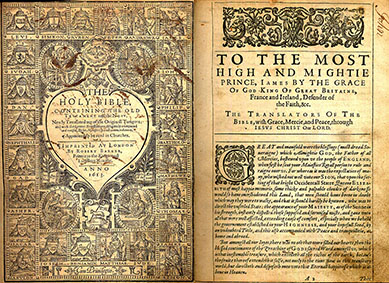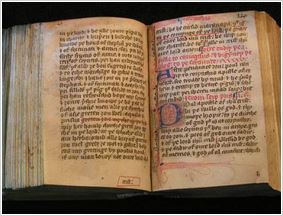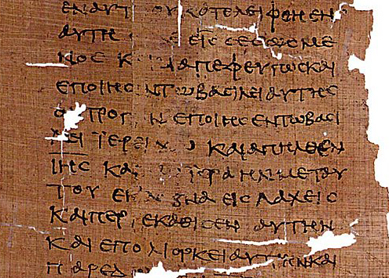Q. Why is the KJV translation of Isaiah 9:1-3 so different compared to most other translations or versions of the Bible? It appears that the KJV translation is opposite in meaning compared to the other Bible translations. Why is that so?
A. In Isaiah 9:1, the King James Version (KJV) has “he lightly afflicted the land…and…did more grievously afflict.” These are renderings of the Hebrew verbal roots %%q-l-l and k-b-d, respectively. The New International Version (NIV), in common with other modern English translations, translates it, “he humbled the land…but…will honor.”
The wording of the NIV seems to contradict what the KJV translators wrote. As it happens, the first Hebrew root, %%q-l-l, can mean both “to humble” or “curse” and “to be easy” or “to be light.” In like manner, the second Hebrew verb, k-b-d, signifies both “heaviness” or “grievous affliction” and “honor.” It is rare in Hebrew (as in most other languages, I suspect) that the same root can convey opposite meanings, but this is not the only occurrence of the phenomenon in the Hebrew Bible.
Thus, it’s possible that the KJV translators, in part because they relied on earlier English renderings, understood Isaiah’s words here to describe the movement progressively (“and”) from moderate to grievous affliction. More modern translators, faced with the same Hebrew text, have interpreted the process as contrastive (“but”) from severe punishment to singular reward. Given the difficulty in fully comprehending the meaning of this verse as a whole, such disagreement in translation is not entirely unexpected—or unwelcome.
In Isaiah 9:3, KJV has “Thou hast…not increased the joy,” where NIV (again in common with other modern versions) has the exact opposite: “You have…increased their joy.” This variation in translation, unlike the example in Isaiah 9:1, is not the result of differences in interpretation, but instead is based on different Hebrew wording.
As handed down from antiquity, the Hebrew word for “not” (two letters: lamed-aleph) appears in the text, and this is what the KJV translators rendered. However, an influential group of medieval Jewish scholars, whom we call Masoretes, judging that the traditional text was in error here, instructed that instead of lamed-aleph (“not”) we should read lamed-yod (“to him”).
The NIV translators rendered this into smooth English as “their.” This is consistent with modern interpretations/translations in general, where the Masoretic instructions (generally called qere; that is how we should “read” the Hebrew) are almost always given preference over what is written (ketiv) in the Hebrew. Additionally, in this instance the negation of “to increase” (as in the ketiv = KJV) makes little, if any sense.
Postscript: In the text of the Hebrew Bible itself and in Jewish translations based on the Hebrew text, Isaiah 9:1-3 appear as Isaiah 8:23 and Isaiah 9:1-2.





